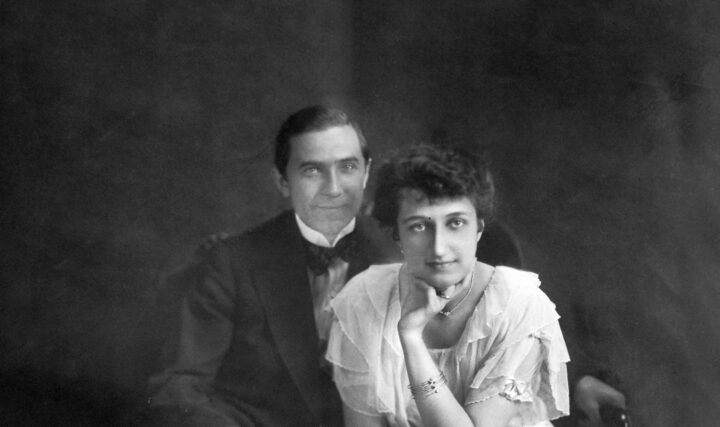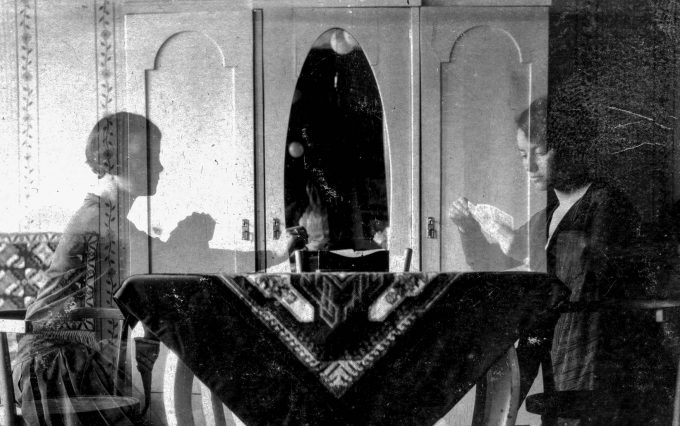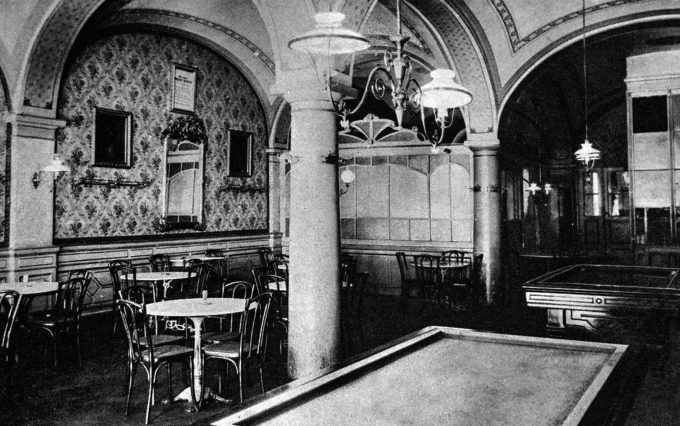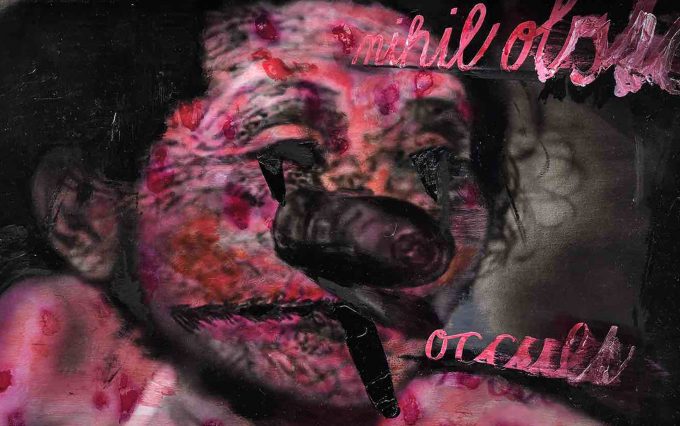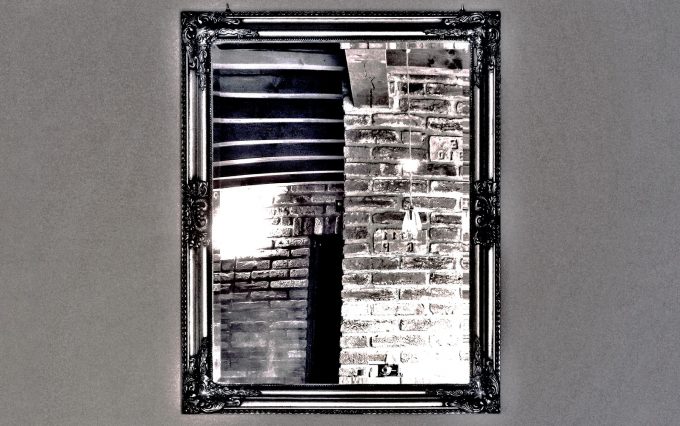In her horrifyingly factual essay, American journalist Hope Reese writes about the tragic fates of Hungarian women under the shadow of the 1920’s sntisemitic laws.
In her essay about the legendary Hungarian Café Pilvax, Noémi Saly offers our readers a sneek peek into the revolutonary atmosphere of 1848.
Sendecki’s poem is a plot of image and meaning with a characteristically dramatic aura, its microscenes simultaneously intriguing and disturbing.
In the criminal underworld of László Sepsi’s upcoming novel Territorium, talk never really was an option and violence comes with the territory.
A poem with a unique strategy of internal, authorial intertextuality, not merely literary play, but a means of perceiving the world.
Legendary US music journalist Legs McNeil recounts the sometimes dark, sometimes dazzling history of punk rock and the iconic Chelsea Hotel.
An aphoristic one-word poem by veteran Hungarian poet János Marno that captures both the black humor and the utter pessimism of noir.
A poem that seems to be caught in the wind by the roadside, glancing both ways: back to a dreamlike childhood and with hungry eyes to the future.
This poem asks us to remember and savour our summer of good friends and bad poems as, with a hopeful heart, we press on into the rain and grey mist.

